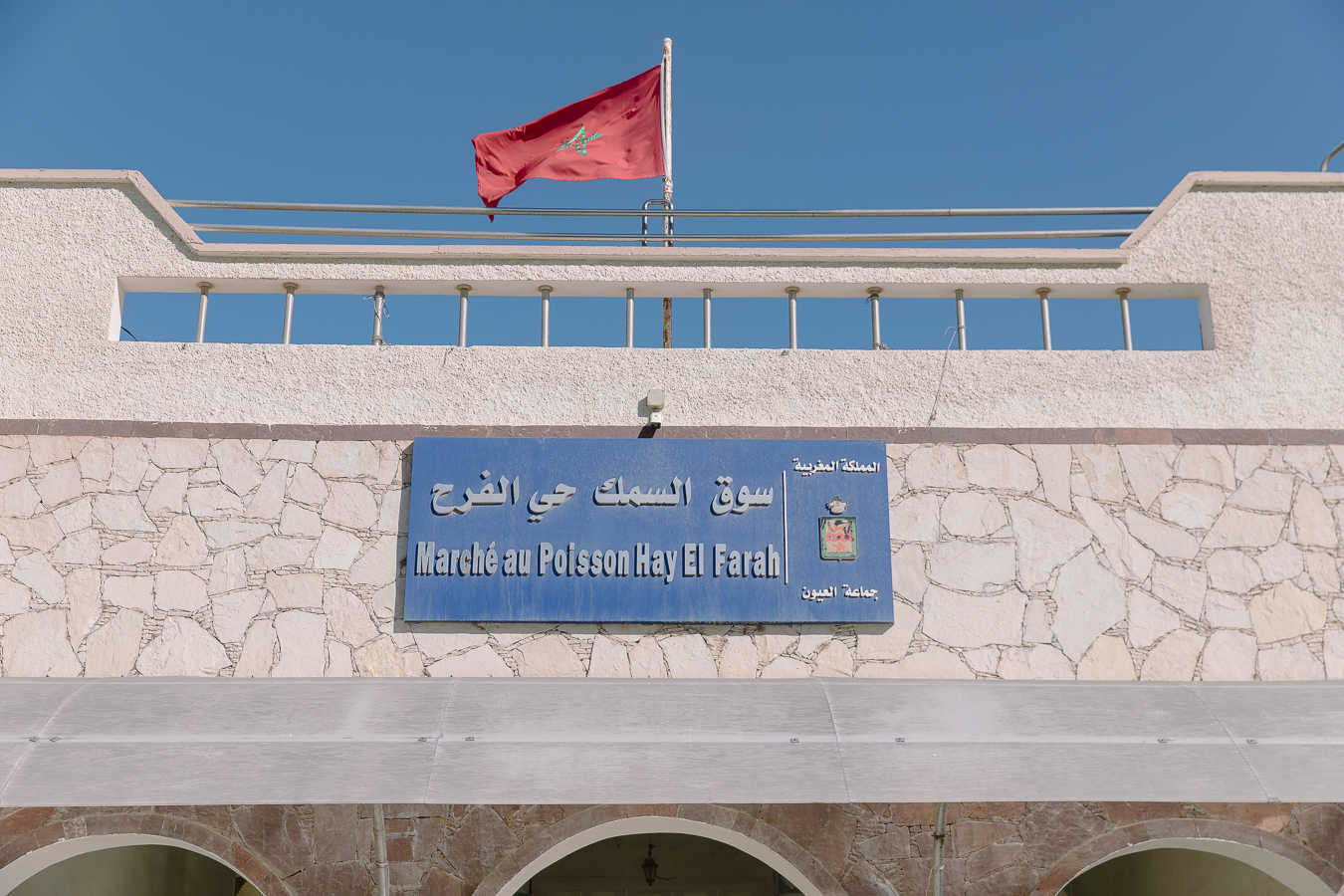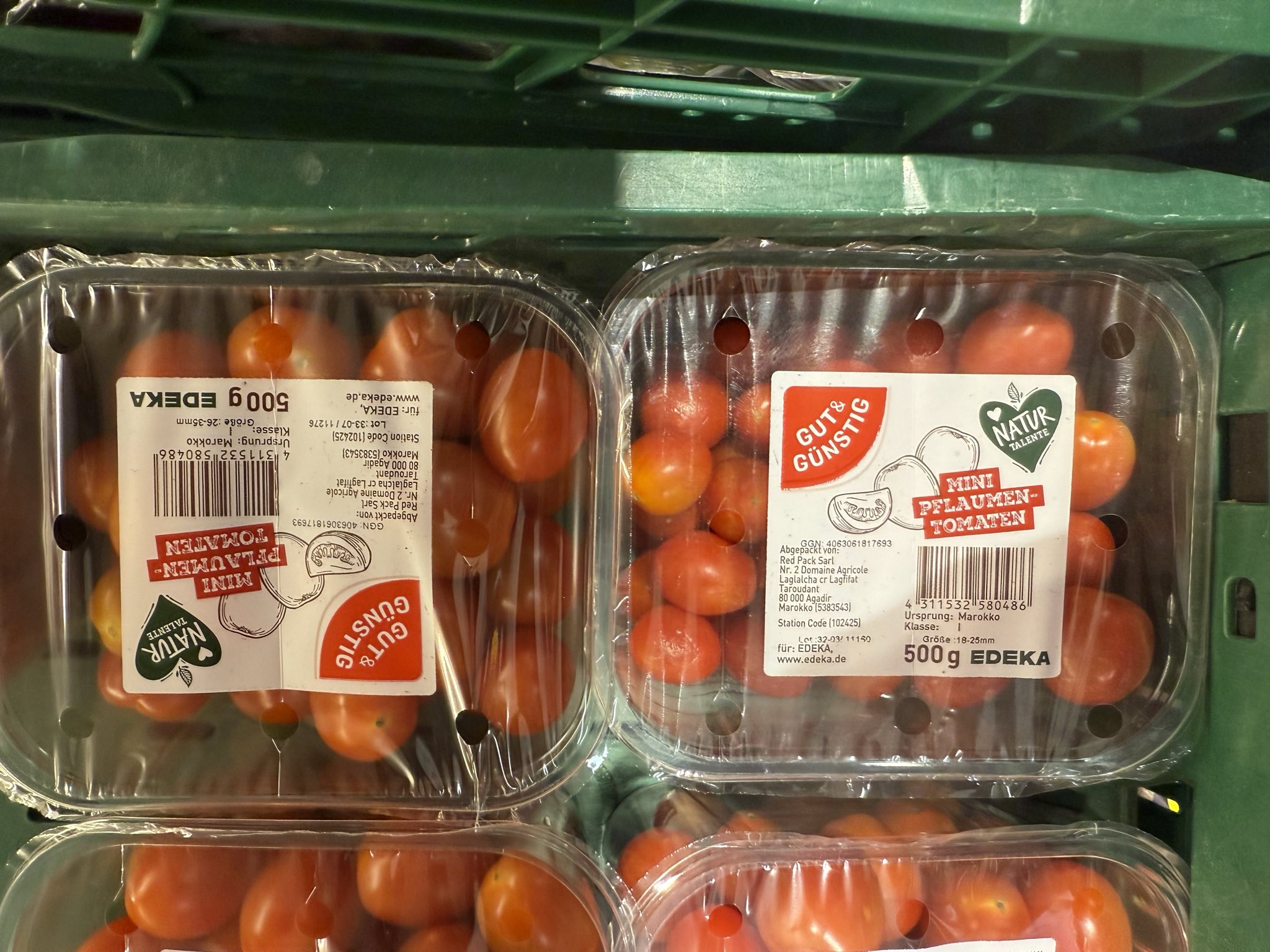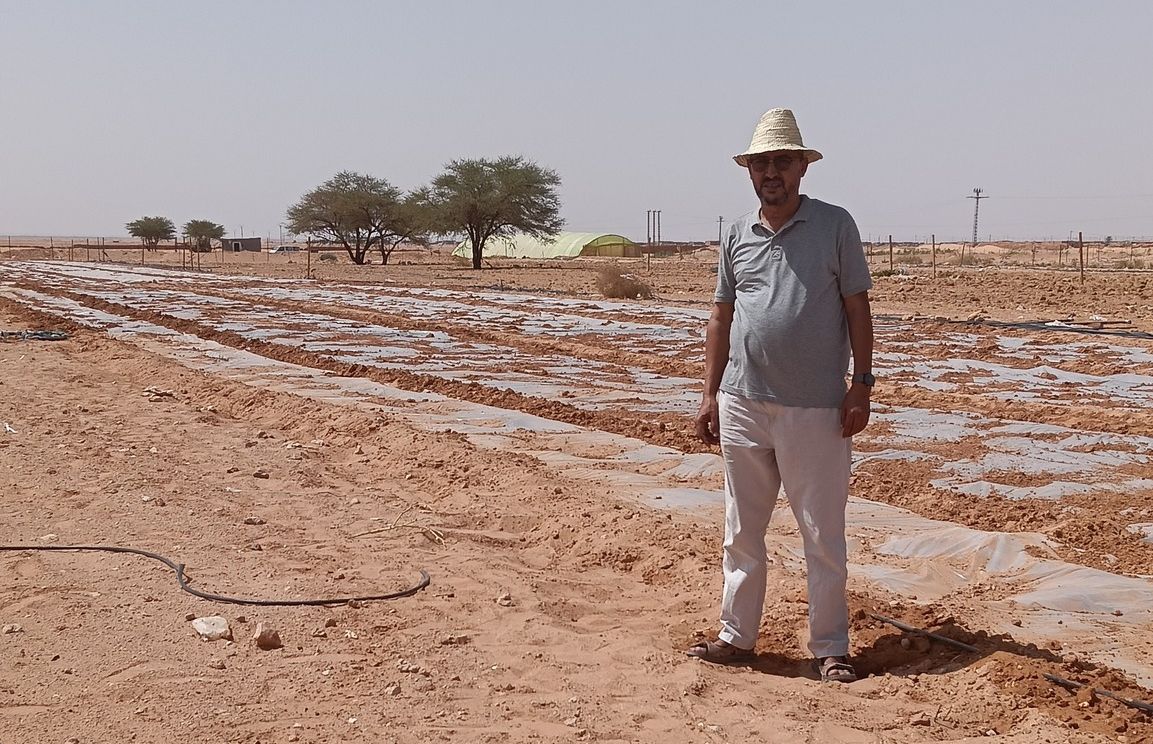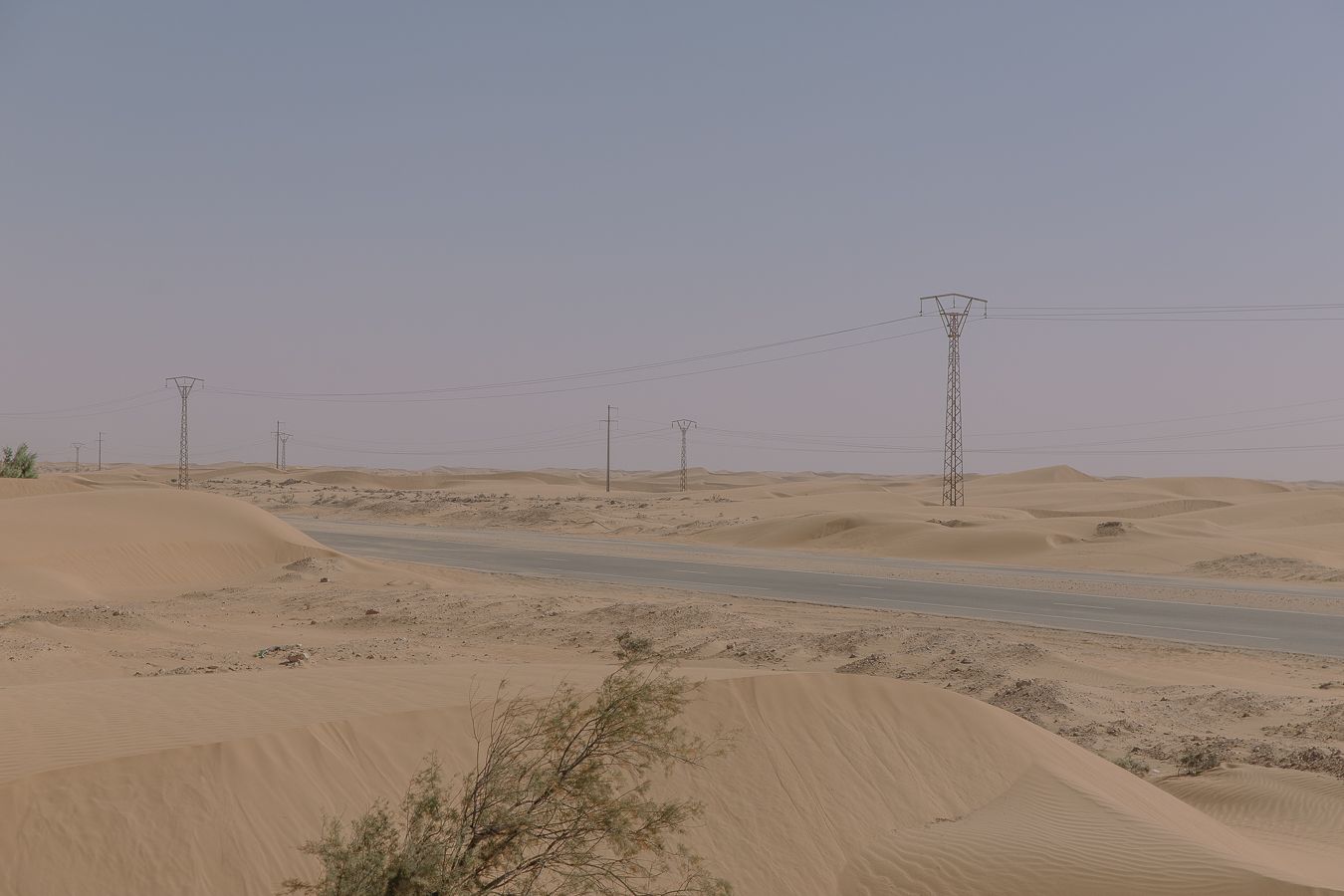
The Board of Deutsche Post AG completely missed the opportunity to explain its controversial activities in occupied Western Sahara.
On 27 August 2020, the German multinational Deutsche Post AG held its Annual General Meeting on a virtual platform. Shareholders had urged the company to comment on its poor results in an independent human rights assessment, and on its operations in Moroccan occupied Western Sahara - the Non-Self-Governing Territory where DHL, the company's express delivery section, has been operating a branch in capital city El Aaiún since 2016.
In response to questions on its contractual partners for the El Aaiún branch, Deutsche Post AG explained no more than that its "services are provided in El Aaiún by a local agent".
The Board further stated that "With our services (...), we enable the population to participate in the global economy and international exchange", and that "most of the 2000 shipments a year handled by the El Aaiún branch concern diplomats and the UN mission MINURSO" - thus not Saharawis.
‘This claim is misleading in at least two respects: it is questionable that DHL’s presence is beneficial for the Saharawi people. Accoding to UNHCR estimates, around 175,000 Saharawis live in refugee camps in Algeria, while Moroccan settlers outnumber Saharawis by 3:1 in their occupied homeland. Nevertheless, no potential benefit can replace the Saharawi people's prior, free and informed consent, which is pivotal under international public law", Tim Sauer from WSRW commented.
WSRW has transcribed and translated the answers that Deutsche Post provided during its AGM with regard to its Western Sahara activities. Find the English version here.
Since 1975, Morocco has held three-quarters of Western Sahara under military occupation. Since 2015, consecutive Rulings by the European Court of Justice have confirmed that Western Sahara is a territory that is "separate and distinct" to Morocco, and that as such, no EU-Morocco economic agreement can be applied to the territory unless with the express consent of the Saharawi people through their UN-recognised representation, the Polisario Front.
Deutsche Post AG has never asked the Saharawi people anything.
Similarly, the company seems to share Morocco’s position on the status of the territory. The above photo used by DHL Maroc fails to distinguish between the two territories. Its El Aaiún branch is listed as located in Morocco under the same country code, justified by the company through the non-existence of a custom border and the shared postcode. This adoption of Morocco's unilaterally imposed administrative system is contrary to the UN position on Western Sahara and the fact that no country in the world recognises Morocco’s claim to the territory. In a 2019 opinion, the Research Services of German Bundestag concluded that Morocco should be "considered as the occupying power" of Western Sahara.
It can only be speculated why Deutsche Post AG engages in such a controversial business on occupied land, given the presumably small profit generated by 2000 shipments a year. By comparison: in 2019, Deutsche Post AG handled an average of more than 500,000 letters per branch in Germany.
The questions at the AGM were raised by Dachverband der Kritischen Aktionäre und Aktionärinnen in collaboration with Western Sahara Resource Watch, which had contacted the company already in May 2020. In its letter, WSRW emphasised the "special responsibility of KfW" (Kreditanstalt für Wiederaufbau), the German state-owned development bank, which holds 20.6% of the shares of Deutsche Post AG. KfW, in line with the German Federal Government’s position, has explicitly excluded activities in Western Sahara from a development credit granted to Morocco’s state-owned phosphate company (OCP). Deutsche Post has still not replied.
Responsible Investor magazine recently covered Deutsche Post AG’s operations in Western Sahara, qualifying the issue " a test case for EU’s human rights due diligence law initiative".
GMP+ does not check if “sustainable” fish is legally caught
The world’s largest certification scheme for “safe and sustainable animal feed” does not check whether its certified fish feed companies source from illegal fisheries in occupied Western Sahara, where catches violate the Saharawi people’s right to self-determination.
Beware of products carrying a “GGN” code
Tomatoes from occupied Western Sahara, certified by GLOBALG.A.P., are being sold in German grocery stores with a false country of origin.
Farmer in exile: GLOBALG.A.P. is certifying injustice
A Saharawi refugee farmer expresses shock about the German certification scheme qualifying Moroccan agriculture in his illegally occupied homeland as sustainable.
Morocco pushes enormous green hydrogen plans in occupied Western Sahara
The Moroccan government has confirmed several green hydrogen projects totalling 20 GW of renewables and up to 8 million tonnes of derivatives - many planned in occupied Western Sahara.



